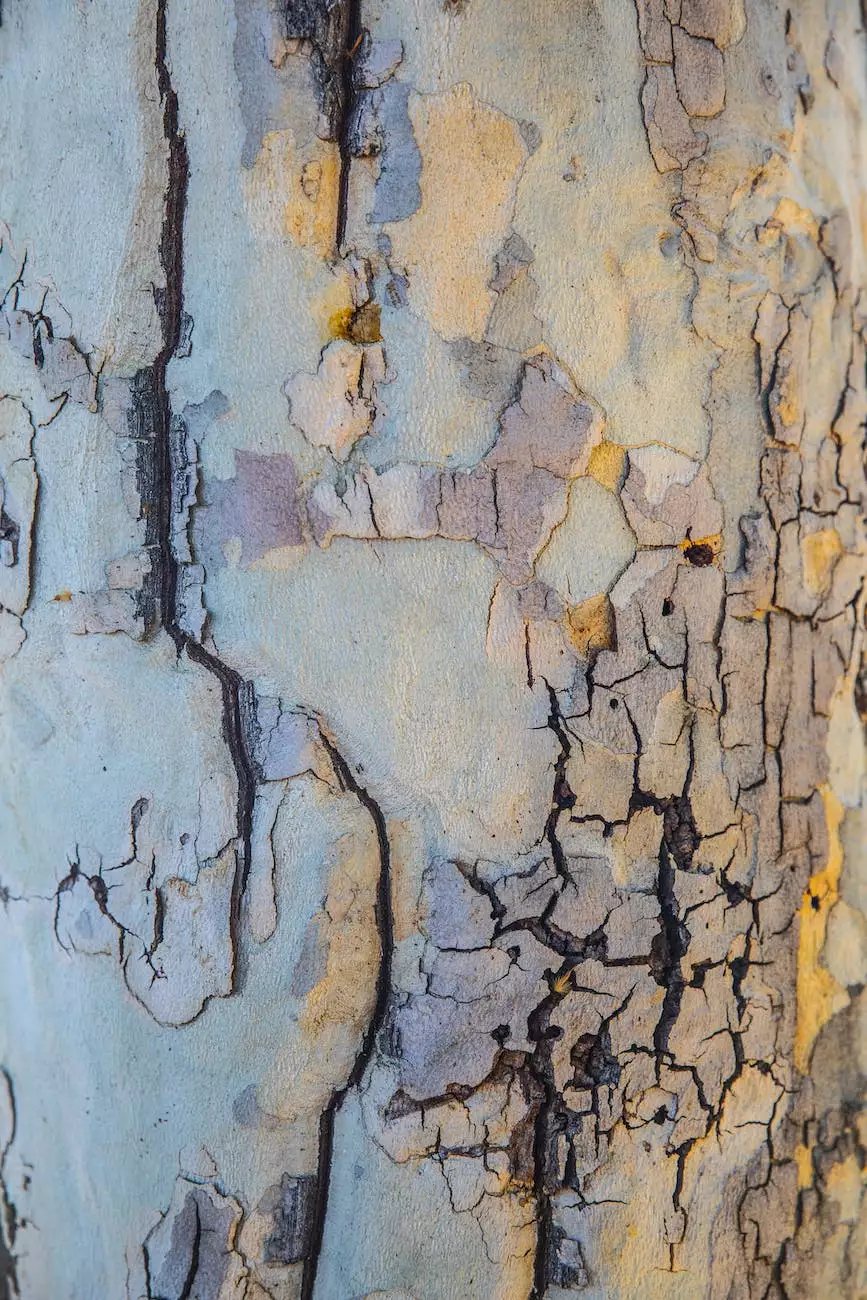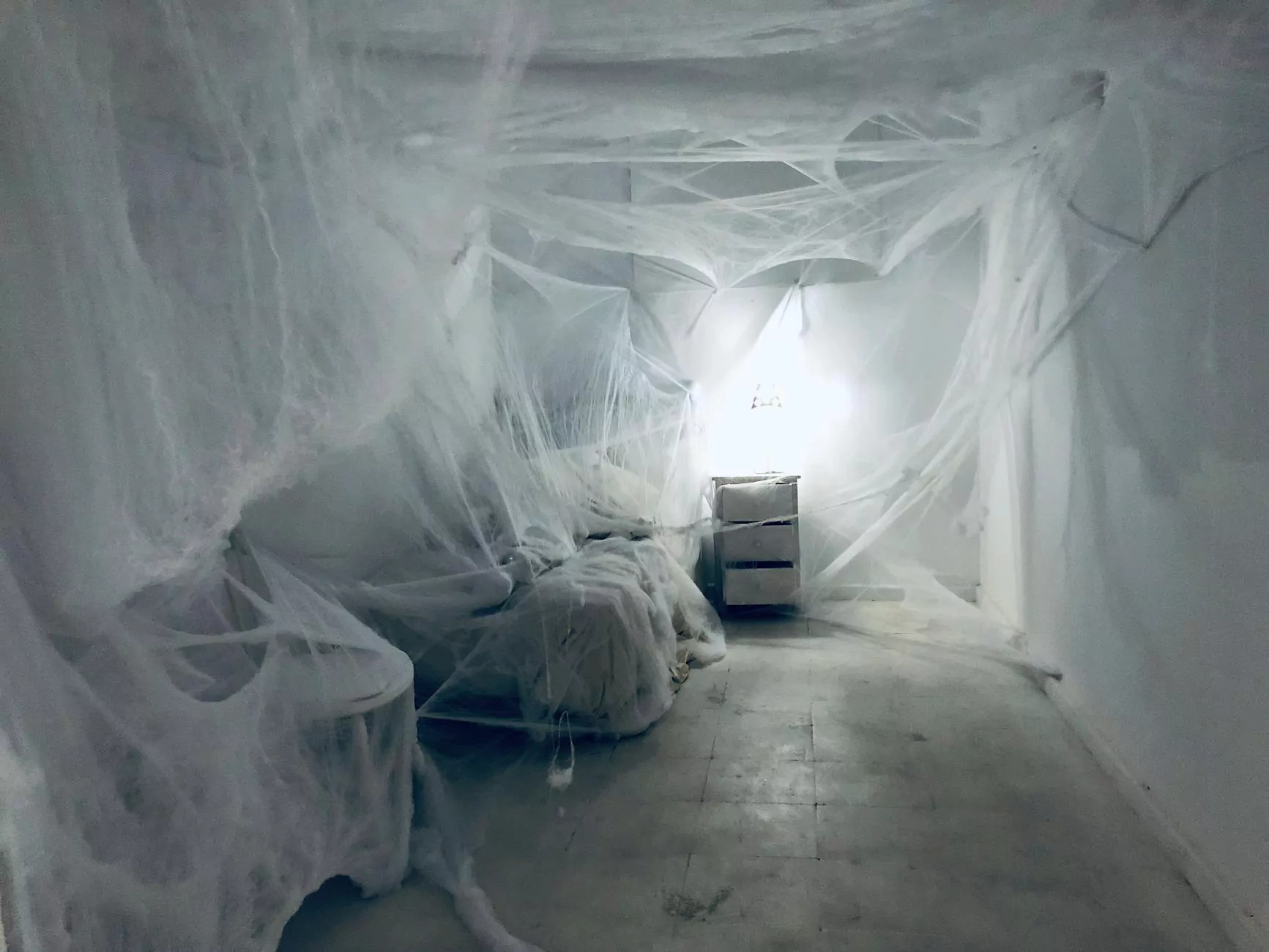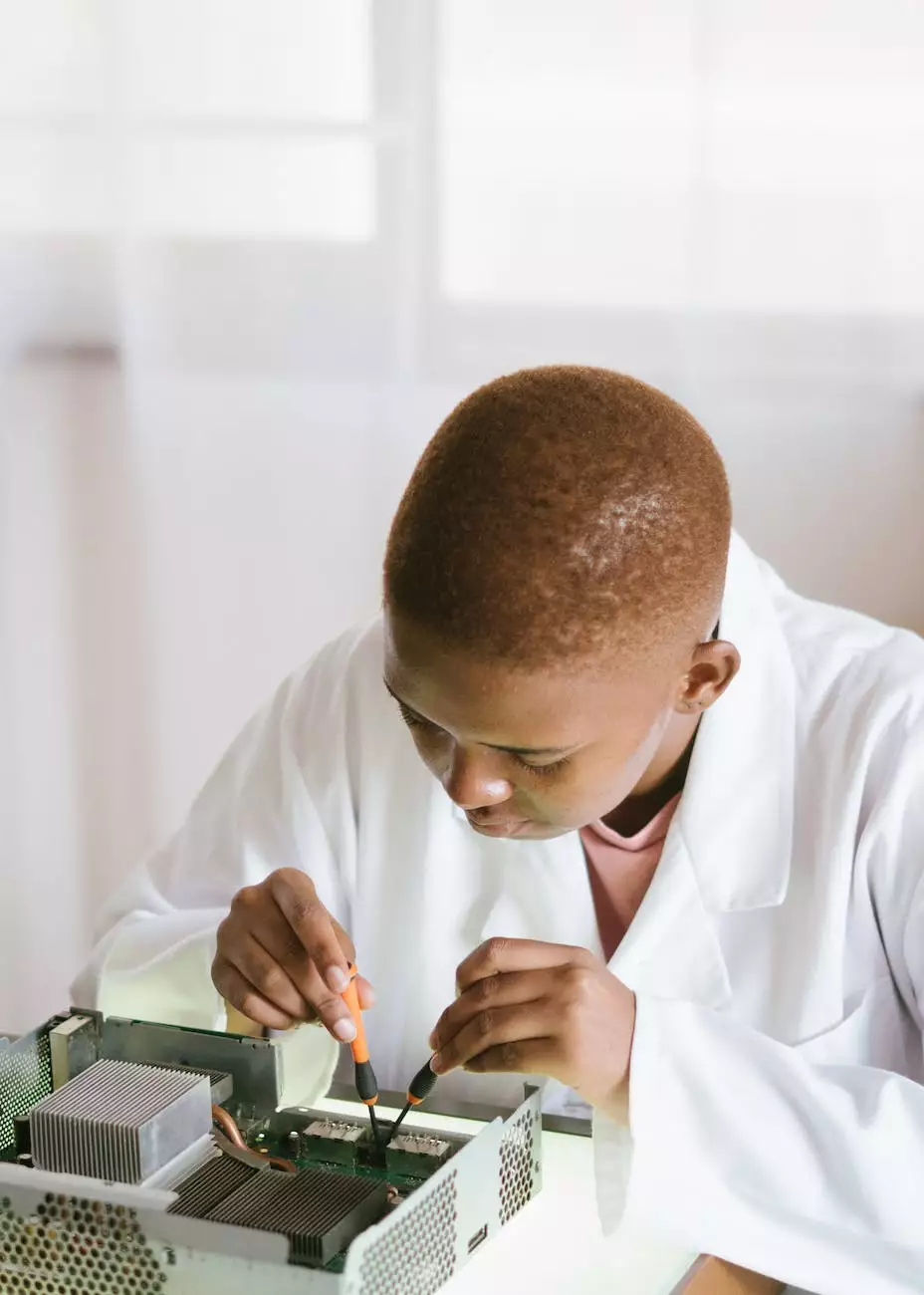What to Do If Computer or Hard Drive Makes Buzzing or Grinding Noise
Computer Repair Company
Welcome to Islander Web Design's comprehensive guide on what to do if your computer or hard drive starts making buzzing or grinding noises. We understand the frustration and worry that can arise when you encounter such issues, and we are here to provide you with expert advice and solutions to help address and resolve these problems efficiently.
Common Causes of Buzzing or Grinding Noises
Before diving into the steps to address these noises, it is essential to understand the potential causes behind them. Here are some common reasons why your computer or hard drive might be making buzzing or grinding sounds:
- Damaged or worn-out internal components
- HDD or SSD failure
- Dust accumulation in the fan or other components
- Loose or malfunctioning hardware
- Inadequate power supply
- Excessive heat due to poor ventilation
Step-by-Step Solutions to Resolve Buzzing or Grinding Noises
Step 1: Backup Your Data
As a precautionary measure, it is crucial to back up your important data regularly. In case the buzzing or grinding noises indicate a severe hardware failure, you want to ensure your data is safe and secure. Consider using cloud storage services or external hard drives for data backup.
Step 2: Determine the Source of the Noise
Identifying the exact source of the buzzing or grinding noise is essential in troubleshooting the issue effectively. Typically, the noise can originate from the hard drive, cooling fan, power supply, or other internal components. Carefully listen to determine the source.
Step 3: Check and Clean Hardware
If the noise is coming from the fan, power supply, or other hardware components, it could be due to dust accumulation. Dust can interfere with the smooth operation of these components and cause buzzing or grinding sounds. Use compressed air or a soft brush to clean away any dust buildup.
Step 4: Evaluate Heat and Ventilation
Excessive heat can also lead to buzzing or grinding noises in your computer or hard drive. Ensure that your system has adequate ventilation and that the cooling fan is functioning correctly. Consider using a cooling pad or additional fans if necessary to maintain optimum operating temperatures.
Step 5: Tighten or Replace Loose/Malfunctioning Hardware
If the noise persists, it could be due to loose or malfunctioning hardware. Check all connections and screws to ensure they are secure. If any hardware is damaged or malfunctioning, consider consulting a professional or replacing the faulty component.
Step 6: Professional Assistance
If you have tried the previous steps and the buzzing or grinding noise still persists, it is advisable to seek professional assistance. An expert technician can diagnose the issue accurately and provide the most suitable solutions to address the problem.
Preventing Future Occurrences
To minimize the risk of encountering buzzing or grinding noises in the future, here are some preventive measures:
- Regularly clean and maintain your computer or hard drive
- Keep your system updated with the latest software and firmware
- Avoid overloading your hard drive with excessive data
- Take precautions against power surges and fluctuations
- Invest in a reliable and high-quality power supply
- Ensure proper ventilation and cooling
Conclusion
Dealing with buzzing or grinding noises from your computer or hard drive can be stressful, but with the right steps, you can resolve these issues effectively. Islander Web Design is here to assist you throughout the process, providing expert solutions and advice to ensure the optimal functioning of your systems. Remember to back up your data regularly, identify the source of the noise, clean and evaluate your hardware, and seek professional assistance if needed. By implementing these preventive measures, you can minimize the chances of encountering such problems in the future.










